Polycystic ovaries or PCOS – What’s the difference?
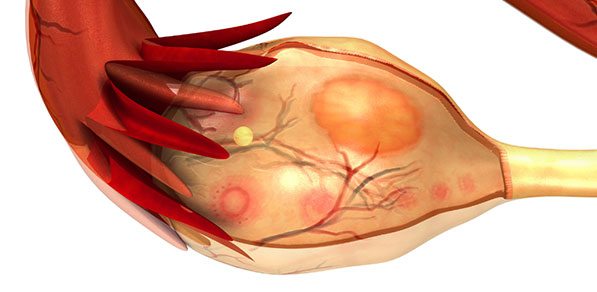
A common confusion among women, is understanding the difference between having polycystic ovaries (PCO) and having been diagnosed with a Polycystic Ovarian Syndrome (PCOS). PCO refers to an ultrasound scan image of the ovaries that appear to be polycystic (ovaries containing high density of partially mature follicles). PCOS is a metabolic condition that may or […]
Pre-implantation Genetic Testing In IVF
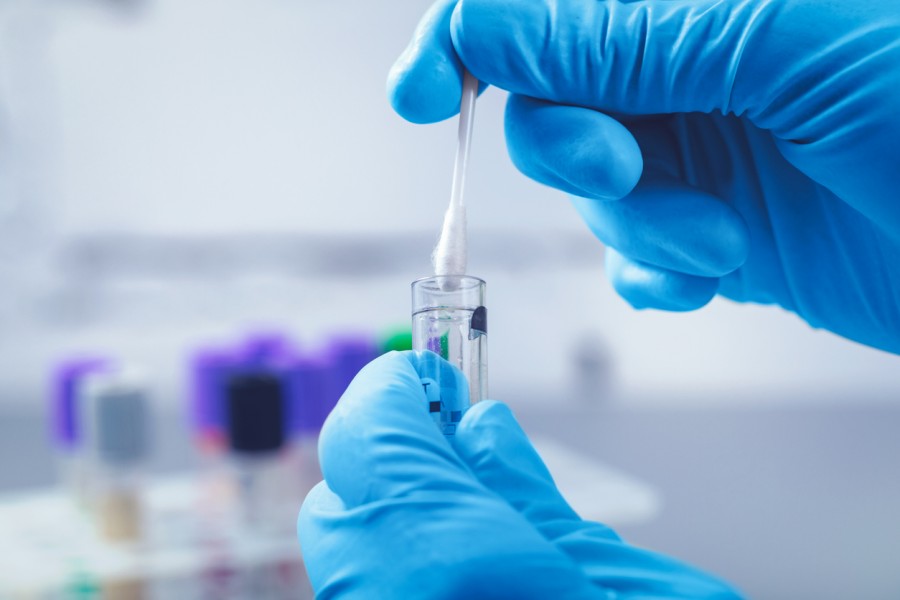
What is pre-implantation genetic testing (PGT)? A significant portion of embryos created by either natural conception or Assisted Reproductive Technology may carry genetic abnormalities such as incorrect number of chromosomes. These mistakes are usually fatal as they lead to implantation failures or miscarriages. Although it may sound horrible, these failed pregnancies are actually nature’s screening […]
Prolactin and hyperprolactinemia
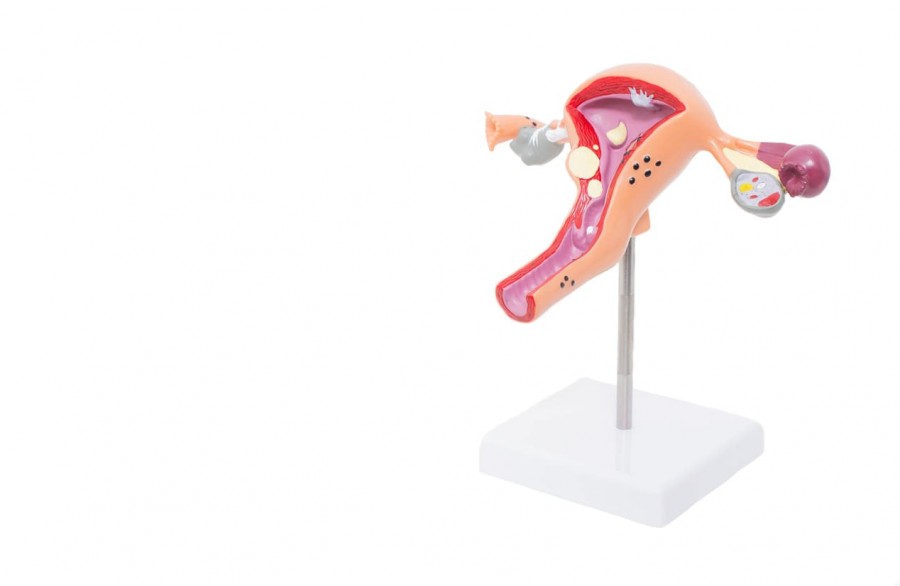
High prolactin, or hyperprolactinemia is one of the most common causes for the absence of menstruation (amenorrhea), accounting for 15-30% of all cases. It mostly affects young women of reproductive age and can contribute to infertility. What does prolactin normally do, and what effects does hyperprolactinemia have? The functions of prolactin The main role of […]
Secondary Infertility and Problems Having another Child
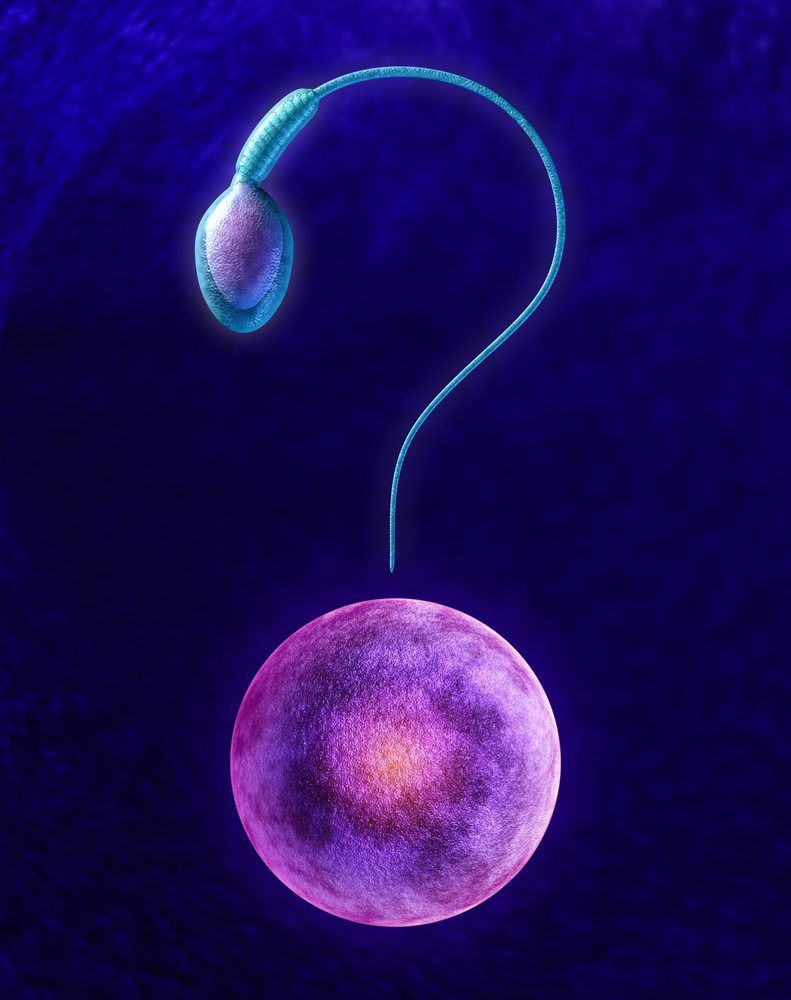
Many people assume that their fertility worries are over once they have successfully conceived, carried and given birth to their first child. However, even if you had no issue falling pregnant the first or subsequent times, infertility can affect you later in life. While ageing is often a factor in secondary infertility, there are many […]
Nutrition and supplementation facts for preconception planning
During the famous Dutch famine of 1944-1945, the daily nutritional intake of pregnant women was reduced to only approximately 400-1000 calories, which is well under the 1800-2400 calories recommendation. As a result, infants who were subjected to mid or late gestation calorie restriction were born lighter. Later in adulthood, these children also experienced reduced glucose […]
Our pick – free Ovulation Calendar App

Tracking your menstruation cycle is important to get pregnant or avoid getting pregnant. There are just few days in each cycle that a woman can get pregnant – ‘the fertile window’. The most likely days to conceive are the two days before ovulation and the day of ovulation. Why should I track my period cycle? […]
Is there a link between natural killer cells and miscarriage?

Conceiving isn’t my problem…but I keep miscarrying. Are killer cells responsible? What do ‘killer cells’ do to cause miscarriage exactly? What is speculated to happen here is that the body’s natural override or suppression of NK cells in the blood may be effective, this allows conception. However, it is thought that NK cells present in […]
IVF Nutrition Plan

Should I consider an IVF nutrition plan When you’re considering or undertaking IVF nutrition is really important for your chances of success. Keeping it balanced A healthy balanced diet includes fresh foods from each of five food groups, and we mean ‘fresh’. Processed, frozen or even overcooked foods don’t offer the full benefit of the […]
IVF Success Rate Interpretation What You Need to Know
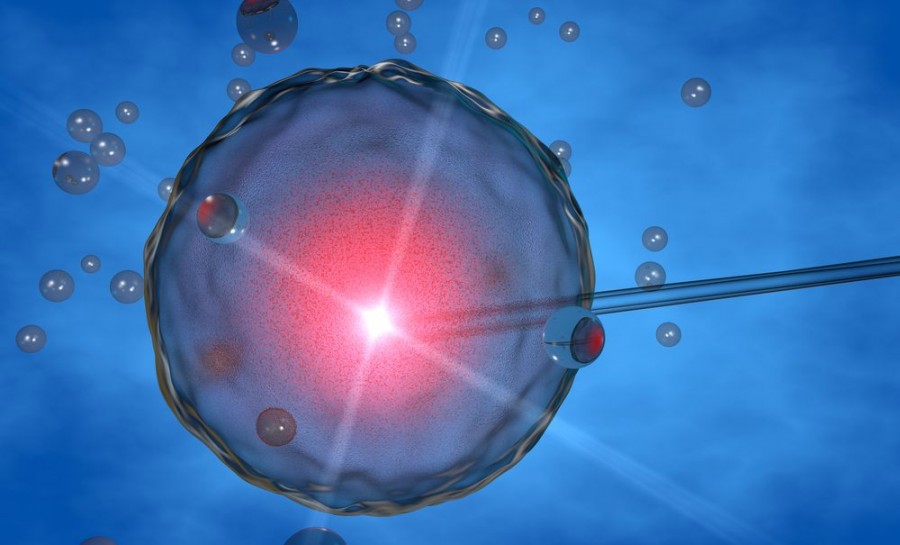
In Vitro Fertilisation can be a very evocative and emotionally charged topic. For many couples, IVF comes after a long period of uncertainty about their fertility and the process itself can also be long, emotionally taxing and expensive. Because of this, when women and couples embark on a journey of assisted reproduction, one of the […]
Low-dose aspirin to prevent preeclampsia

Recently in the media, Beyoncé (singer) and Serena Williams (professional tennis player) opened up about their experience with a potentially fatal pregnancy complication preeclamsia. So, what do these women have in common apart from being famous? They are both African American, both recently have given birth, and both had to deliver earlier then their due […]